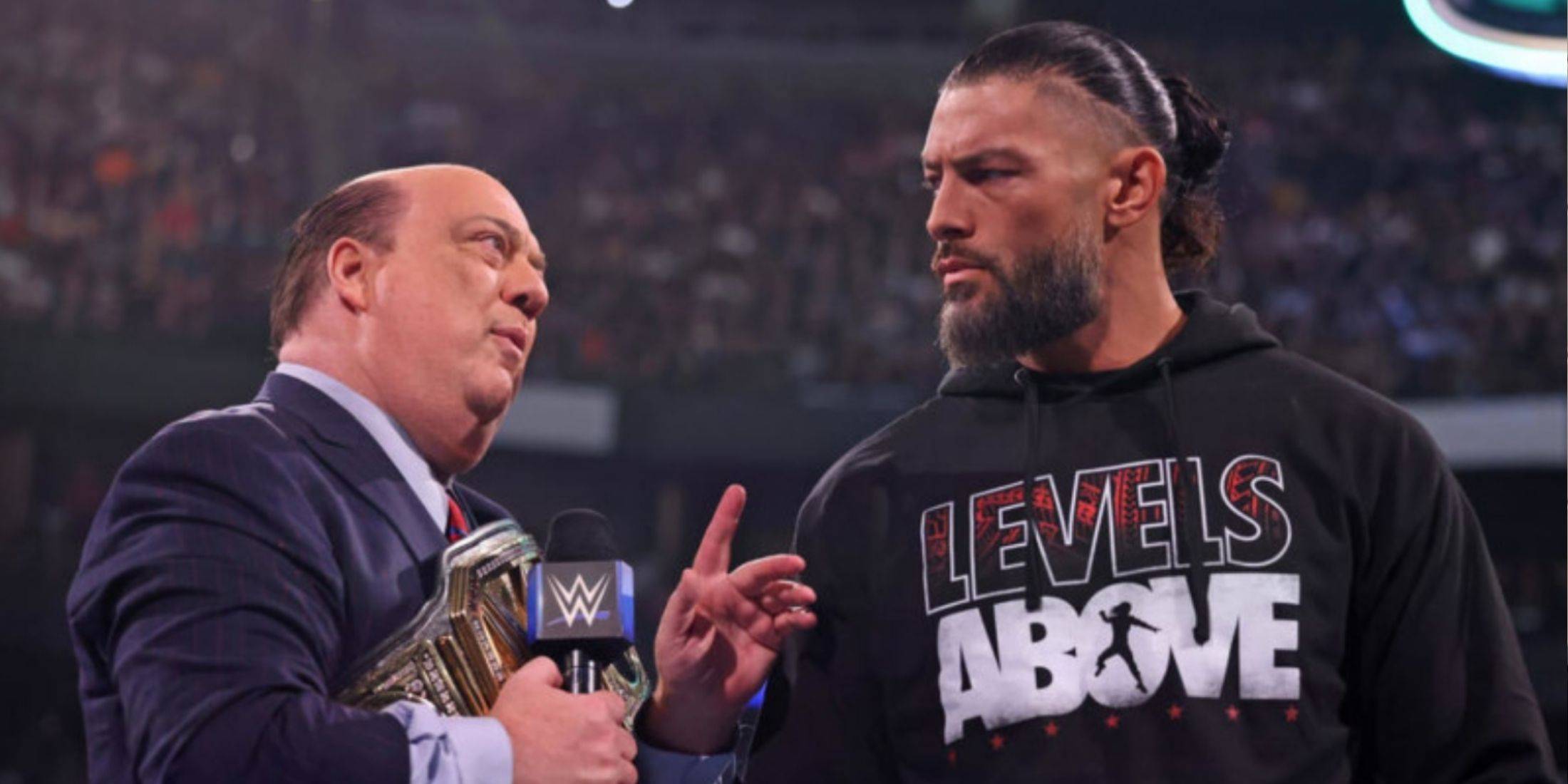Yakuza Like a Dragon Will Always Be \"Middle-Aged Guys Doing Middle-Aged Guy Things\"
The Yakuza/Like a Dragon series, while expanding its appeal to younger and female players, remains committed to its core identity: middle-aged men engaging in relatable middle-aged experiences.

Maintaining the "Middle-Aged Dude" Focus
Despite a growing and diverse fanbase, director Ryosuke Horii affirmed in an interview with AUTOMATON that the series will not drastically alter its narrative to cater to new demographics. The charm, according to Horii and lead planner Hirotaka Chiba, lies in the authenticity of its middle-aged male characters and their everyday struggles, from health concerns to hobbies like Dragon Quest. This relatability, they believe, is key to the series' originality.
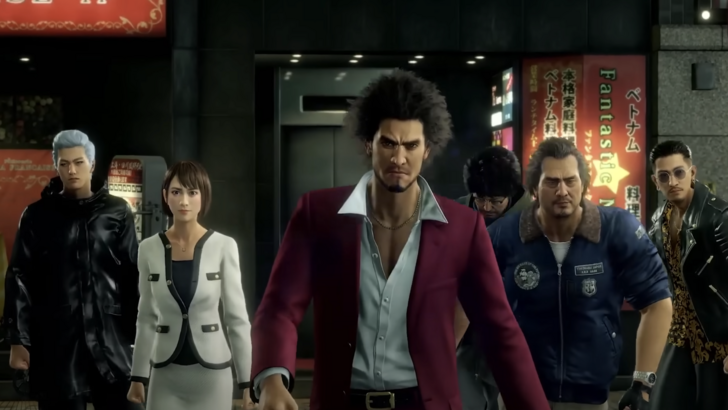
This sentiment echoes a 2016 Famitsu interview with series creator Toshihiro Nagoshi, who, while acknowledging the increased female player base (approximately 20%), emphasized the series' initial design for a male audience and the intention to avoid altering the core experience to overly accommodate female players.

Criticism of Female Representation
However, the series' focus on middle-aged men has drawn criticism regarding its portrayal of women. Many fans express concern over the prevalence of sexist tropes, with female characters often relegated to supporting roles or subjected to objectification. The limited number of significant female characters and the frequent use of suggestive or sexual remarks directed at them by male characters are common points of contention. The recurring "damsel-in-distress" archetype further fuels this criticism. While Chiba acknowledges some of these dynamics in a humorous way, the underlying issues remain.
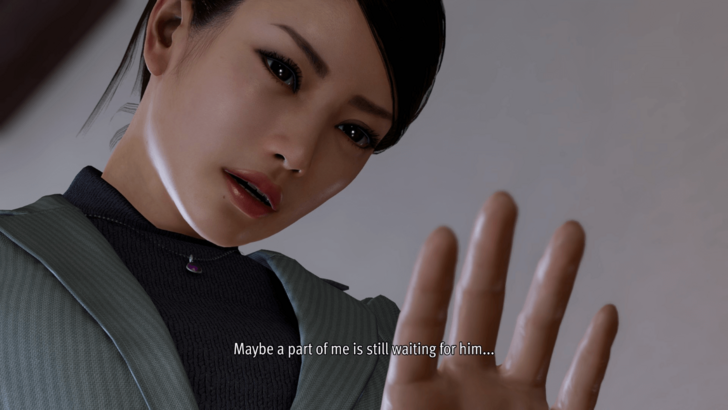
Progress and Future Direction
Despite these criticisms, the series has shown some progress toward more inclusive representation in recent installments. Game8's 92/100 review of Like a Dragon: Infinite Wealth praises the game for balancing fan service with a promising future direction. The series' journey toward inclusivity is ongoing, navigating the balance between maintaining its core identity and addressing valid concerns about its portrayal of female characters.
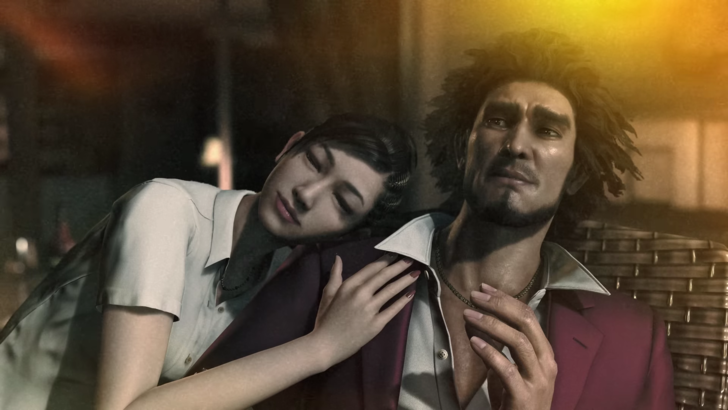









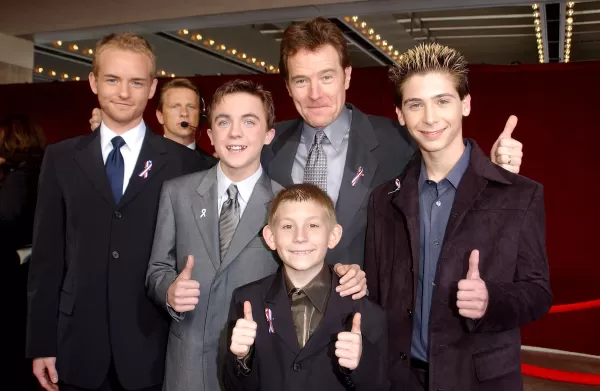
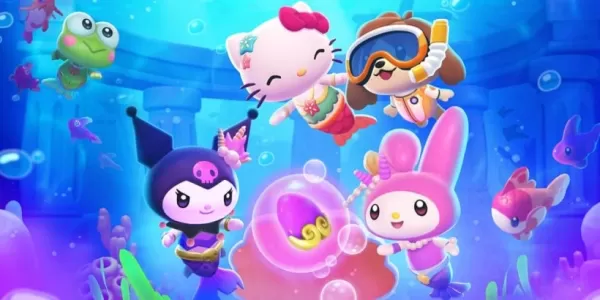
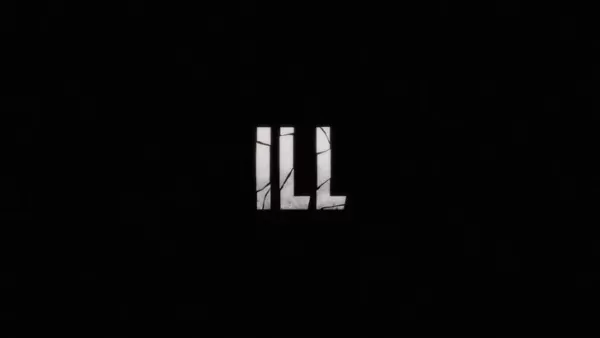






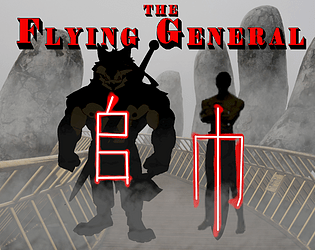



![FurrHouse [Ch. 3]](https://images.dshu.net/uploads/30/1719555089667e54115d59f.jpg)

